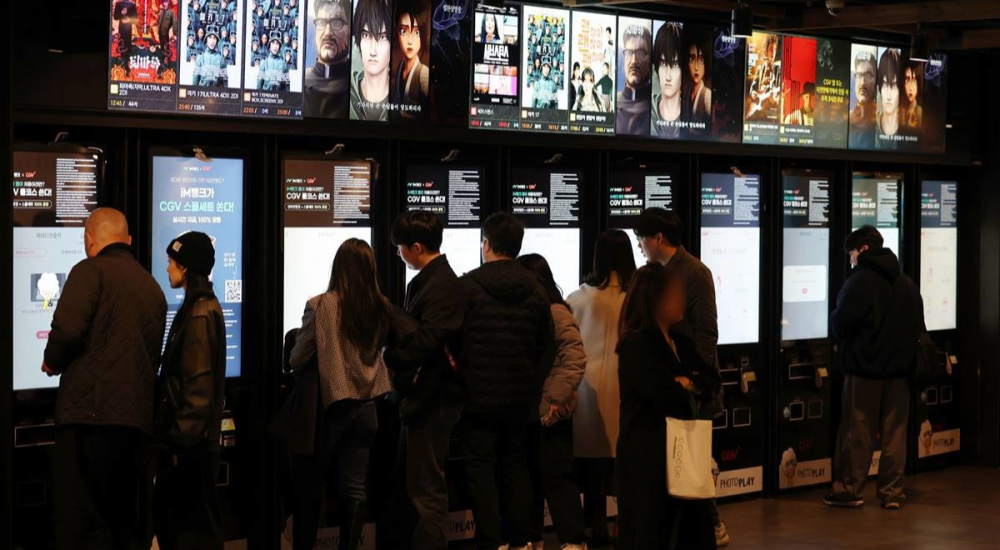
With South Korea’s annual theater admissions on track to slip below 100 million in 2025, lawmakers have moved to codify a theatrical “holdback” window that delays streaming debuts. Im O-kyeong of the Democratic Party filed an amendment on September 12, 2025 KST to the Act on the Promotion of Motion Pictures and Video Products that would require OTT availability no earlier than six months after a film’s theatrical run concludes.
The bill creates a statutory exclusivity period to ensure titles complete their cinema play before shifting to home platforms. Im O-kyeong’s office said, “Since the pandemic, global OTT services—armed with overwhelming capital—have purchased film IP regardless of theatrical timing and rushed titles online, undermining the window and worsening production conditions.” She added that the measure aims to “allow distribution as videograms or online videos only after up to six months from the end of theatrical exhibition, fostering healthy, mutually beneficial growth across the industry.”
Backers argue the change is needed to restore the reinvestment loop in which box-office revenue funds future productions—a cycle weakened as audiences grew used to seeing new releases land on OTT within two to three months. As of September 12, 2025 KST, year-to-date admissions are around 69.98 million; 2024 ended at roughly 123.12 million, down from a 2019 peak near 226.67 million.
International context offers a contrast. France, long the strictest on release windows, cut its statutory media chronology from 36 months to about 15 months for platforms that meet investment conditions, and its admissions decline from 2019 has been comparatively modest. By contrast, the United Kingdom relies more on industry practice than law, and North America likewise remains well below pre-pandemic attendance—suggesting that windows are one factor among many in the broader recovery.
Another policy thread is funding. Korea’s Film Development Fund is financed by a 3% levy on movie tickets; OTT platforms do not contribute because works released online are not treated as theatrical “films” for the charge. On this point, Choi Hwi-young, Minister of Culture, Sports and Tourism, recently said, “It defies common sense that a movie shown on an OTT service is not legally considered a film.”
Consumers may push back. A monthly OTT subscription offers breadth at a flat price, while two cinema tickets can cost roughly twice that amount—and if the bill passes, the streaming wait would extend to about six months after theatrical play, longer than the recent one-to-three-month norm.
SEE ALSO: Hwang Bo Ra apologizes after backlash over traffic accident-themed promotion video
 SHARE
SHARE

















































